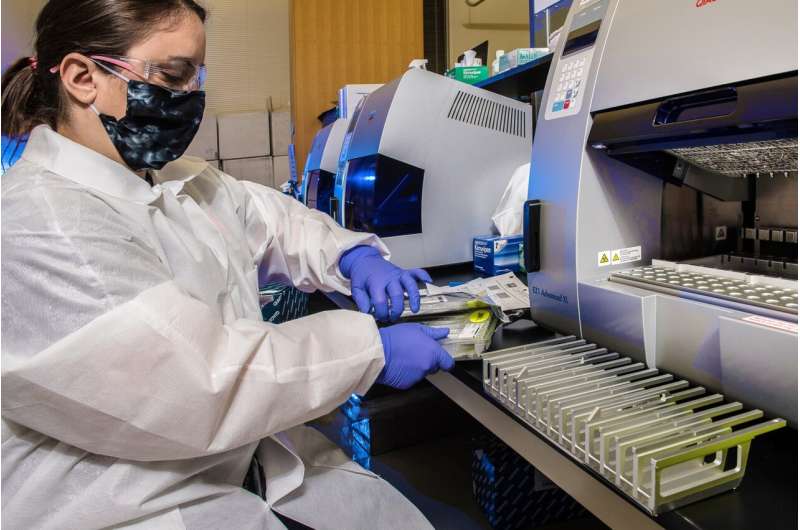Rapid Five-Day Process for Developing Vascular Organoids Accelerates Tissue Engineering Research

Researchers have developed a rapid five-day method to generate functional vascular organoids, advancing breakthroughs in tissue engineering and regenerative medicine for vascular and diabetic therapies.
Scientists at Boston Children's Hospital have developed a groundbreaking five-day method for creating functional vascular organoids, which are miniature blood vessel networks capable of supporting blood flow and integrating into living tissues. Blood vessels are vital for delivering nutrients and oxygen, regulating hemostasis, and managing inflammation. During development, they shape organ formation and support tissue growth and repair, with vascular niches maintaining stem cell populations.
Traditional approaches to engineering vascular networks in vitro faced limitations such as reliance on spontaneous mural cell formation, lengthy culture periods, and extracellular matrix support, which hindered scalability and speed. In contrast, this new technique uses a dual transcription-factor activation strategy to simultaneously induce endothelial and mural cell lineages from induced pluripotent stem cells (iPSCs). By guiding iPSCs into mesodermal progenitors and aggregating them into vascular organoids approximately 250 micrometers in diameter, researchers achieved rapid vessel formation.
Within just five days, about half of the cells in each organoid differentiated into blood-vessel cells, forming hollow, tube-like structures complemented by smooth muscle cells. The team employed various techniques such as flow cytometry, immunofluorescence, and single-cell RNA sequencing to monitor lineage commitment and vessel maturation. Further, embedding organoids in collagen-Matrigel gels enhanced their growth and arterial gene expression.
The organoids demonstrated functional blood vessel activity by connecting with host circulation when implanted into mice. They effectively restored roughly 50% of blood flow in ischemic limbs and reduced tissue necrosis. In diabetic mouse models, organoids supported the survival of transplanted islet cells, maintaining normal blood glucose levels for extended periods, even with as few as 100 islet equivalents.
This approach showcases a scalable and efficient way to produce vascular tissue constructs capable of rapid integration and tissue support, opening new prospects for regenerative medicine, treatment of ischemic injuries, and innovative strategies for diabetes therapy. The findings are detailed in the publication "Rapid generation of functional vascular organoids via simultaneous transcription factor activation of endothelial and mural lineages" in Cell Stem Cell (2025). Source: https://medicalxpress.com/news/2025-06-day-vascular-organoids-tissue.html
Stay Updated with Mia's Feed
Get the latest health & wellness insights delivered straight to your inbox.
Related Articles
New Study Links Chemotherapy to Long-Term Cognitive Changes in Cancer Survivors
Recent research links chemotherapy to lasting cognitive changes in cancer survivors, highlighting molecular disruptions in the brain that may explain 'chemo brain' phenomena. Understanding these effects paves the way for targeted therapies to improve survivor outcomes.
Innovative Cancer Immunotherapy Brings New Hope for Advanced-Stage Patients
A groundbreaking Phase II clinical trial of PRL3-zumab reveals promising results in slowing disease progression in late-stage cancer patients unresponsive to traditional therapies, offering new hope for treatment-resistant cancers.



